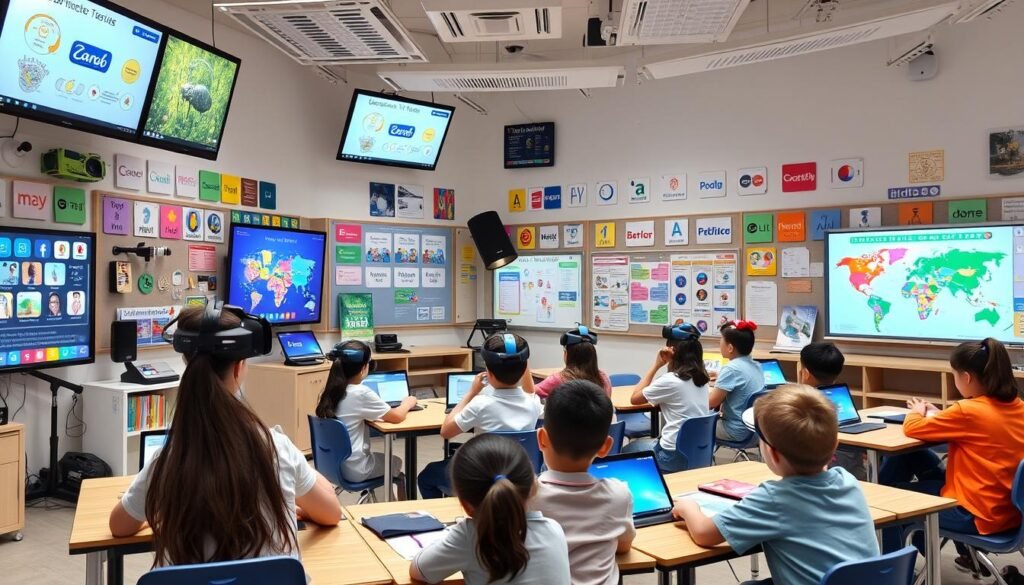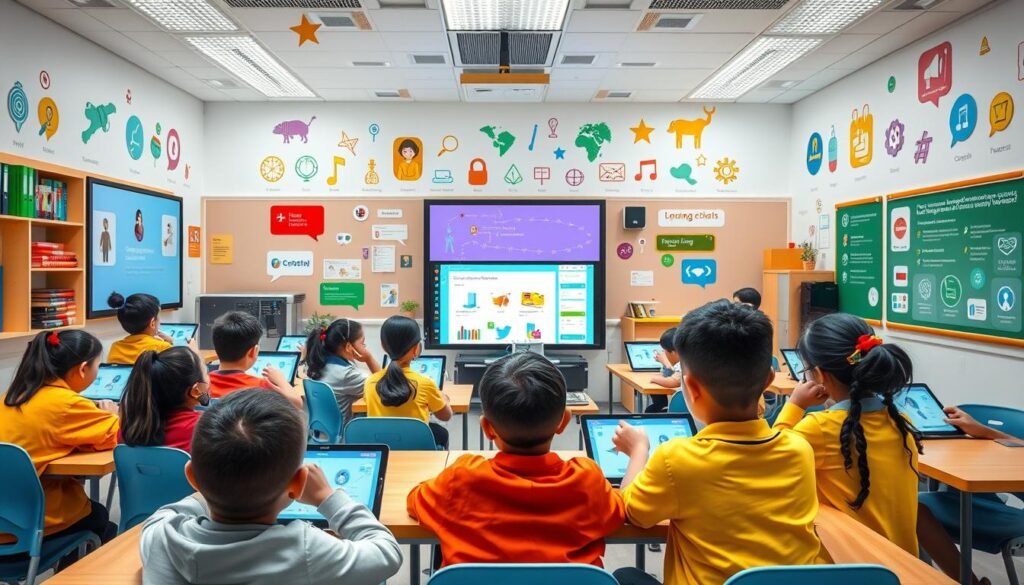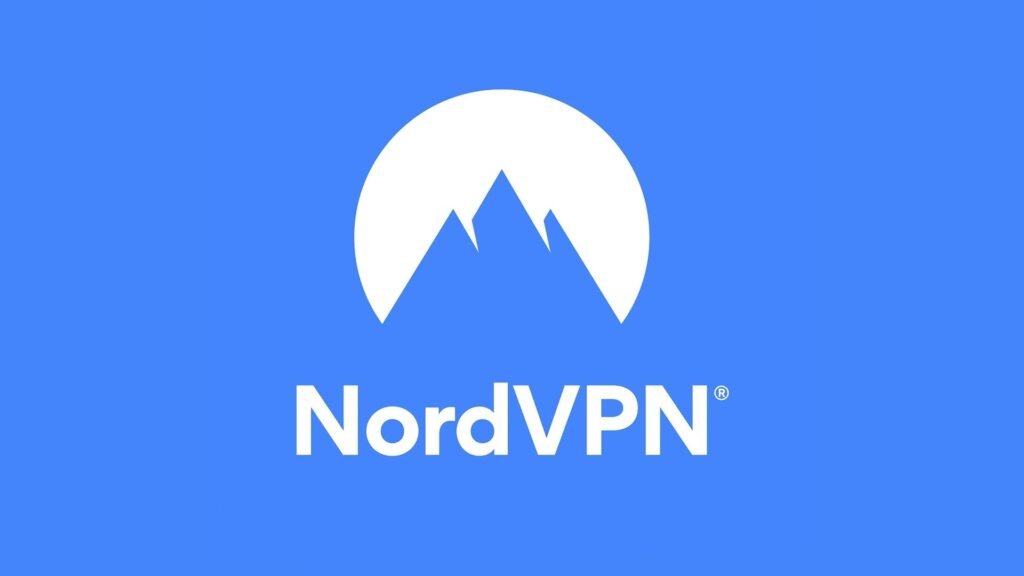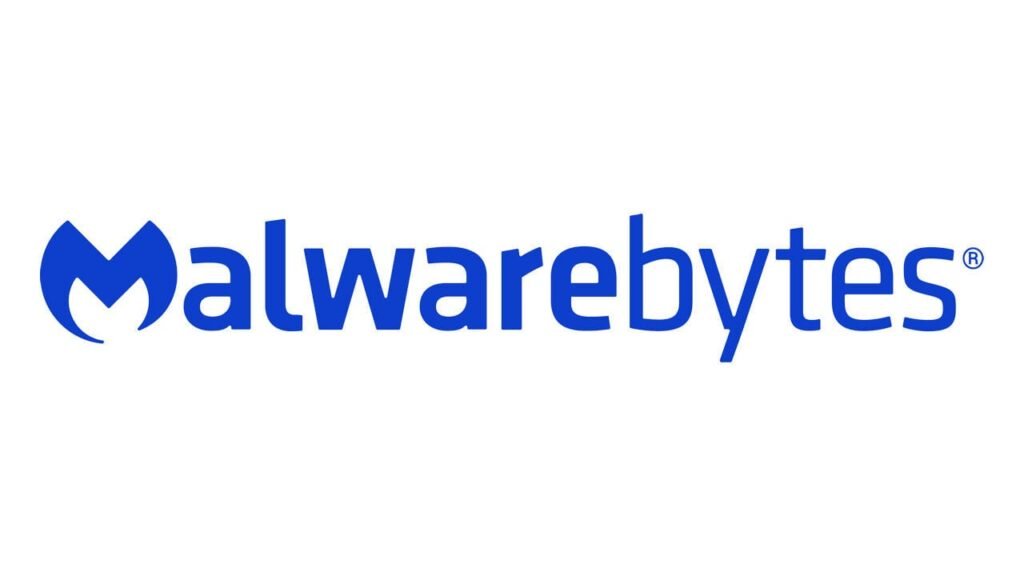Did you know AI can make learning languages better? Tools like Bridge's Conversation CoPilot offer over 400 English lessons. It also has MasterPlan, which creates learning paths just for you. This shows how AI is changing language learning1.
AI language apps make learning fun and fit your pace. They adapt to your learning style. This makes learning a language more engaging and effective2.
These apps use machine learning and natural language processing. They give you instant feedback on speaking and lessons that grow with you. More businesses are using these tools for training. Knowing how AI changes language learning apps helps you pick the best tools for your journey.
Key Takeaways
- • AI-powered tools significantly enhance personalized language learning experiences.
- • Apps like Bridge and Duolingo offer innovative features such as real-time feedback and conversation practice.
- • Machine translation and speech recognition are revolutionizing language mastery.
- • AI-driven platforms help create unique learning paths tailored to individual users.
- • Today's language learning apps provide a more engaging and effective learning environment.
The Rise of AI in Language Learning
The rise of AI has changed language learning a lot. Old methods were not engaging enough. But now, AI makes learning fun and personal. Apps like Duolingo and Babbel make learning languages easy for everyone.
Studies show AI can make learning more fun. It can make learning 47% more engaging and cut dropout rates by up to 32%3.
AI apps offer real-time help and feedback. For example, Duolingo Max uses GPT-4 for chatbot conversations4. Tutor Lily also gives personalized feedback, helping learners feel less scared of mistakes. This makes practicing speaking skills easier4.
The future looks bright with AI in language learning. Virtual and augmented reality will make learning even better. By 2030, these technologies will make learning languages more accessible and fun3. AI will soon offer lessons that fit each learner's pace, making learning new languages more personal.
How AI Transforms Language Learning Apps
Artificial Intelligence (AI) is changing language learning apps. It focuses on making learning personal and adaptive. These apps now understand your learning style and progress, offering a tailored experience.
With Duolingo reaching 100 million monthly users in 2024, the need for personalized language learning is clear5.
Personalization and Adaptive Content Delivery
AI-driven lessons are made just for you. They use data from your interactions to improve over time. This shows how important it is to have learning that fits you.
Features like real-time corrections from AI tools, like ChatGPT, make learning better. They help you understand and remember more, making learning fun6.
The Role of Machine Translation
Machine translation has gotten much better. It helps translate languages instantly, making learning easier. AI tools, like Berlitz's “The Learning Assistant,” can respond in 95 languages, showing their wide use5.
The AI in Education market is expected to grow to $88.2 billion by 2032. This shows how important AI is in language learning. It lets you get resources that fit you, making learning better and more fun57.
Benefits of Natural Language Processing in Learning
Natural language processing (NLP) greatly improves learning by changing how we use language with technology. It makes learning more engaging by adding conversational interfaces and real-time feedback. This creates a better learning space for everyone.
Improving Conversational Interfaces
NLP makes talking to AI tutors more fun and interactive. It lets learners practice speaking and understanding in real-life scenarios8. For example, Berlitz's “The Learning Assistant” can talk in 95 languages, showing how AI makes learning easy and accessible9.
This makes learners more confident and fluent. It's a safe place to practice and get better.
Real-time Feedback Mechanisms
NLP tools give instant feedback on speaking and grammar, helping learners grow faster10. This feedback is quick and helps learners know what to work on next. It makes learning more effective.
AI analyzes how well learners do and gives them tips just for them9. This makes learning more personal and helpful.
Creating Multimodal Learning Environments
Technology keeps getting better, making learning fun and engaging. Now, we can use many ways to learn, like text, speech, and pictures. This helps everyone learn better because it fits different learning styles.
Combining Text, Speech, and Visuals
Text, speech, and pictures are key to great learning spaces. They make learning easier and match up with how we learn best11. Tools like GPT-4 help make learning fun by understanding text and pictures11. AI helps teachers make learning just right for each student, making it more fun and effective.
Engaging Games and Interactive Scenarios
Learning can be fun with games and interactive stories in apps. These make learning exciting and keep it interesting12. AI helps teachers see how well students are doing, making learning even better12. This mix of fun and learning motivates students to learn more and have fun while doing it.

Key Features to Look for in AI Language Apps
When looking at AI language apps, it's key to focus on certain features. These features make learning more personalized, fun, and effective. Look for apps that offer adaptive learning paths and high-quality conversational practice.
Adaptive Learning Paths
Adaptive learning paths are vital for a customized learning experience. They adjust to your goals, like improving grammar or speaking skills. The best AI apps use machine learning to tailor content and pace, keeping you challenged but supported13.
For example, Heylama has a 5/5 star rating for its flexible learning paths. This shows it meets different student needs well14.
Quality of Conversation Practice
Good conversation practice is crucial for language learning. You need to talk in real-time to improve. Look for apps that offer chats with AI tutors and provide feedback right away. Heylama stands out here, offering a top-notch conversational experience with its AI tutor, Anka14.
It also gives real-time feedback on grammar and vocabulary. Plus, it suggests vocabulary based on your level, making learning better14.

Moreover, you can create your own role-playing scenarios and add your vocabulary. This makes learning more personal and helps you apply what you've learned in real situations14.
| Feature | Heylama Rating | Description |
|---|---|---|
| Conversation Practice Quality | 5/5 | Immersive practice with real-time feedback from an AI tutor. |
| Learning Path Flexibility | 5/5 | Tailored lessons adjusting to individual learning goals. |
| Vocabulary Learning | 5/5 | Utilizes spaced repetition for effective vocabulary retention. |
| Subscription Cost | 5 EUR/month | Affordable compared to traditional courses and tutors. |
These features create a strong learning environment. They help you reach your goals quickly and well.
For more on how AI changes language learning, see this resource14.
Top AI Language Learning Apps of 2024
In 2024, the world of language learning apps is buzzing with innovation. Duolingo, Babbel, and Rosetta Stone are leading the way. Duolingo is great for those with tight schedules, offering short lessons. Babbel focuses on conversations, ideal for those wanting to speak like a native. Rosetta Stone dives deep, making you think in the new language from the start.
Overview of Each App
| App | Languages Offered | Average Lesson Duration | Price |
|---|---|---|---|
| Duolingo | 37 | 4 minutes | Free with premium options |
| Babbel | 14 | 10-15 minutes | $249.00 Lifetime Subscription15 |
| Rosetta Stone | 23 | 30 minutes | $99.99 (on Black Friday)15 |
| Lingoda | 3 | 60 minutes | $10 per class (monthly subscription)15 |
Strengths and Unique Features
Each app has its own special features. Duolingo uses games to keep you coming back for more. Babbel's plan is all about practical skills. Rosetta Stone makes you think in the new language right away.
How Businesses Benefit from AI Language Learning
AI language learning is becoming key in corporate training. It helps companies improve their employees' language skills. AI tools offer customized programs that fit each person's learning style.
This makes sure your team can work well together, no matter where they are in the world.
Corporate Language Training
AI changes how we train for languages in the workplace. It gives feedback right away on how well you speak and write. This helps employees get better at using languages in work settings.
AI also finds the best ways to teach languages. This means learning can be more effective for everyone. Sites like Duolingo and Babbel show how AI makes learning fun and efficient for companies.
Enhancing Employee Communication Skills
Being good at languages is important for success in business today. AI helps companies make sure their teams can communicate well. Tools like Memrise and Busuu make learning fun and help keep skills sharp over time.
As AI makes learning more personal, businesses can expect better teamwork and more productivity. This is a big plus in today's global business world.
Conclusion
The rise of AI in language learning apps is changing how we learn languages. It makes education more accessible and efficient. These tools now offer personalized learning experiences, fitting each person's learning style.
Apps like Duolingo and Babbel lead the way by adjusting lessons based on your skill level. This shows how AI is changing language learning for the better16.
Features like chatbots and gamification keep you engaged and help you learn more deeply. These technologies make learning a new language fun and achievable. The future of language education looks bright, thanks to AI and new technologies16.
Embracing AI in language learning is key for those who want to master new languages. These advancements are not just trends. They are the start of a new era in language learning, opening doors to global communication17.




